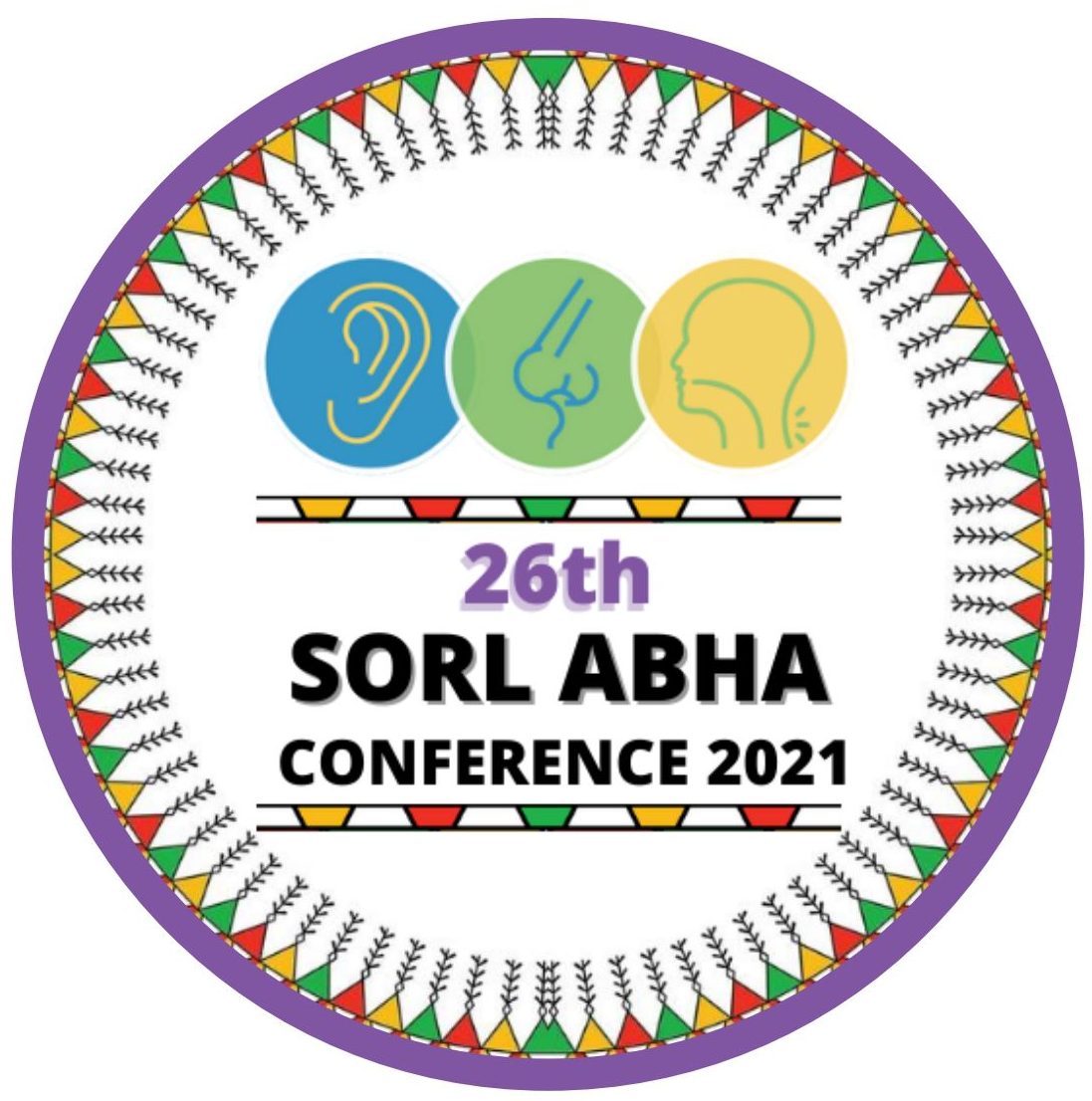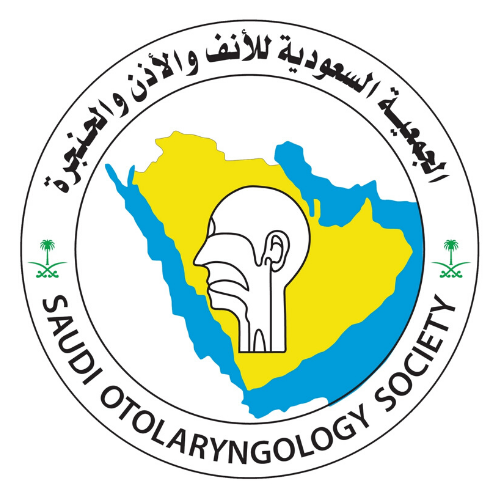COVID-19 PROTOCOLS
Safety Measures & Guidelines
Introduction
The health and safety of the attendees and visitors is our highest priority. In order to enhance your experience at the 26th Saudi Otorhinolaryngology conference by staying safe, kindly observe the following guidelines. We will modify this plan to conform with any changes and policies required by Saudi Law.
Objectives
- Protect the health and safety of attendees, speakers and all individuals present in the venue of the conference.
- Advise attendees of protocols for social distancing
- Monitor conditions and immediately take steps to limit and mitigate safety risks
Prevention and General Precautions
- Avoid being exposed to respiratory viruses.
- Avoid close contact with people who are ill with fever, cough or respiratory symptoms.
- Wash or sanitize your hands frequently — this is one of the most effective measures.
- Avoid spreading respiratory viruses if you are unwell:
- Stay at home or in your accommodation if you become unwell, develop a fever or have other respiratory symptoms.
- Maintain your distance from others — at least 1.5 meter
- Cover your mouth and nose with a disposable tissue when coughing or sneezing and use the nearest waste receptacle to dispose of the tissue after use. If you do not have a disposable tissue, cough or sneeze into your elbow.
- Wear a mask when required.
- Wash or sanitize your hands frequently — especially after coughing, before preparing food or eating, after toilet use, after contact with ill persons, or during exposure to high traffic public areas.
- Avoid touching eyes, nose, and mouth with unwashed hands
Healthcare for Meeting Participants
If you have respiratory illness, acute or severe symptoms suggestive of COVID-19, such as fever, cough or respiratory symptoms: If you are unwell with fever, cough or other respiratory symptoms alone is most likely that you have a more common illness (the common cold or even influenza) rather than COVID-19. You are advised to seek care from a healthcare provider.
Specific Measures For Meetings
Fundamental rules for meetings:
A distance of at least 1.5 meter from other people must be maintained at meetings with assigned and marked seats. If this distance cannot be maintained due to seating arrangements, every second seat must remain vacant, unless the risk of infection can be minimized by other suitable protective measures.
Masks must be worn in all common spaces. Fitted nose-mouth coverings/masks rather than face shields/visors must be worn. This is because new scientific evidence shows better reduction of droplets and aerosols when wearing a mask or a nose-mouth covering made from fabric compared to face shields/visors. A mask or a nose-mouth covering has to be worn by all participants even when they are sitting in their assigned seat.
A distance of at least 1.5 meter from other people must be maintained at all times during meetings. If possible, maintaining a distance of at least two meters is beneficial as this is considered “a low risk”. Masks could be exceptionally removed if 2 meters distance is kept and the person is not speaking for more than 15 minutes.
Floor stickers or clear signs indicating standing places must be placed to ensure social distancing of no less than one and a half to two meters in waiting areas such as, at entrances, ticketing windows, vending machines, or toilets.
With the continuous screening and isolation procedures that occur according to the approved protocols, (Tawakkalna) application is used to ensure the employee’s health status concerning COVID-19 disease. If the employee’s status is positive or in contact with a positive case, all this will appear at the application, will not be allowed to enter the venue
Visit Tawakkalna
Establish an inspection point at all entrances that includes measuring the temperature with a device approved by the Food and Drug Authority and asking about respiratory symptoms, if any (cough or shortness of breath).
Prevent visitors and customers who have a high temperature or respiratory symptoms from entering the venue.
BEFORE THE MEETING You should:
- Be aware of the signs and symptoms of respiratory illness and how to manage it.
- Ensure you have health insurance for Saudi (and preferably, have the COVID-19 vaccine) and bring additional routine medications, spare contact lenses or spectacles, etc.
- Update your knowledge about existing local Saudi public health authorities COVID-19 prevention measures.
- Ensure you have a face mask or nose-mouth coverings. These must be worn in all common areas, including when passing through security checkpoints and approaching a security officer, and when collecting badges. A face mask or other nose-mouth covering must also be worn when entering, leaving or moving inside a meeting room; you have to wear it also when seated.
DURING THE MEETING You should:
- NOT attend the meeting if you feel unwell. If symptoms and circumstances, as described above, indicate that you may be considered a suspected COVID-19 case you must also inform the meeting organizer.
- Follow the implemented preventive measures for the meeting (including wearing masks/nose-mouth cover as required, hand washing and cough etiquette).
- Avoid meeting in groups between sessions (e.g. coffee breaks, close contact risk scenarios).
- Kindly have your badges scanned before entering a room/hall and upon leaving.
- Adhere to the maximum number of attendees allowed to enter every session hall/room.
- Please note that no food and beverages are allowed to be served at the meeting except of designated areas.
AFTER THE MEETING You should:
Inform the meeting organizer immediately if you are confirmed by health authorities to have COVID-19 or if you are placed in quarantine within 14 days of the meeting, so that necessary contact tracing in association with a COVID-19 case may be carried out.
Building Cleaning
- The hotel staff will clean at available intervals during the day and complete a deep cleaning of the venue premises every evening.
- The hotel will continue to wipe down high touch areas during the day, such as doorknobs, light switches, elevator buttons, restrooms, water fountains, and push bars.
- Should any positive COVID-19 cases be reported, the impacted facilities will be assessed, closed where needed, and cleaned in accordance with the guidelines before re-entry will be allowed.
FAQs FOR MEETING PARTICIPANTS
- I have an important role or presentation to make but I am feeling unwell. What should I do?
You should not attend the meeting. Contact the organizers to inform them about your situation as soon as possible.
- Another participant is coughing and feeling unwell. What should I do?
The first step is to keep the appropriate distance. Encourage the person to wear a nose- mouth covering or medical mask and to seek advice from a healthcare provider.
- Another participant is coughing and feeling unwell and I am aware that they have been in contact with a confirmed positive COVID-19 case or have a loss of taste and smell. What should I do?
The person should NOT be on the premises.
In the event you should be ‘quarantined’, what does this mean?
This means, you should:
- Avoid any contacts (stay in their accommodation and at least 1.5 meter away from others).
- Minimize the spread of the virus by covering coughs, cleaning surfaces, and washing or sanitizing their hands regularly and wearing a mask if required.
- Seek health advice by phone first before seeing a healthcare provider in person.
- The quarantine period for identified close contacts is normally fourteen days Will hand sanitizers be available?
Organizers should contact Facilities Management Services to ensure that hand sanitizers are available.
- Should I bring and wear my own face masks?
Yes. Face masks will not be provided. All visitors and attendees will be asked to wear face masks or other nose-mouth covering in all common areas, including when passing through security checkpoints and approaching a security officer, and when collecting badges. A face mask or other nose-mouth covering must also be worn when entering, leaving moving inside, or being seated in a meeting room.
- Is there any other information available?
For further information, we suggest only reliable and up-to-date sources. We suggest reviewing the ‘Travel Advice’ and ‘Protect Yourself’ sections on the World Health Organization website, which is constantly updated to reflect the most recent guidance
WHO
For local information, please refer to the list of websites below.
- https://www.moh.gov.sa/en/Ministry/MediaCenter/Publications/Pages/covid19.aspx
- https://www.moh.gov.sa/en/Ministry/MediaCenter/Publications/Pages/covid19.aspx
- https://www.visitsaudi.com/en/covid-19-information-page
- https://covid19.cdc.gov.sa/professionals-health-workers/preventive-protocols-from-29-10-1441/public-sector-protocols/

